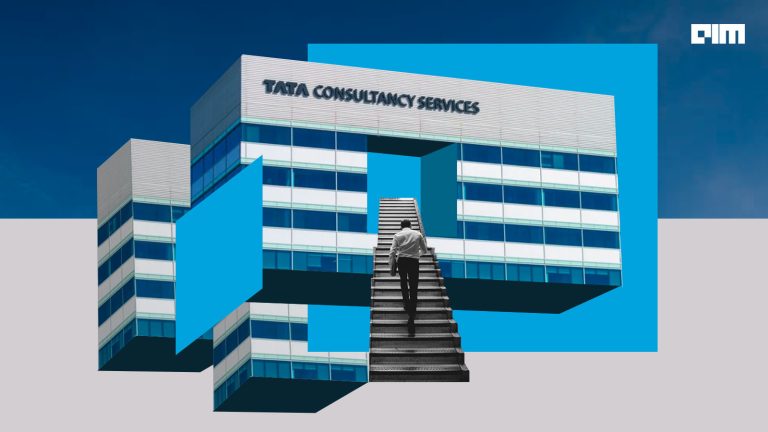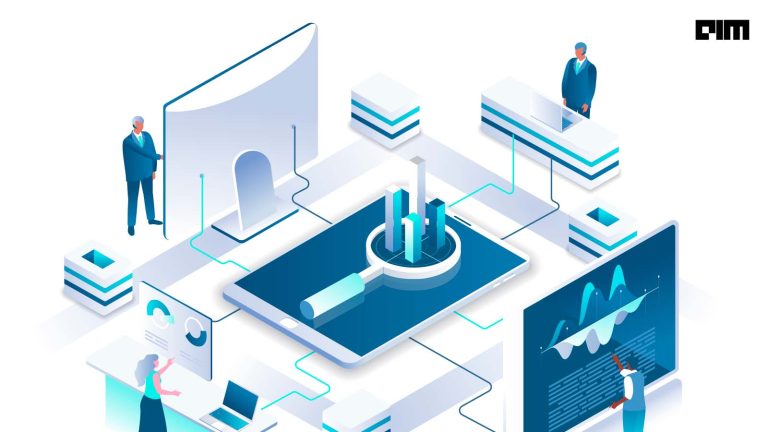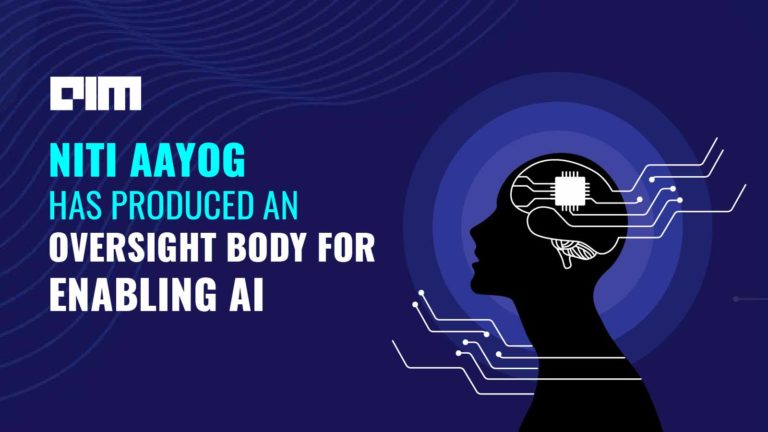With data being the new oil, there’s an emerging mandate among global behemoths – to put into practice a data governance policy that not only restricts access to data but also governs which information should be made available and to whom.
From a security and privacy point of view, data governance has gained credence over the last couple of years with breaches and hacks becoming increasingly commonplace and organisations grappling with ransomware. According to IBM’s Cost of Data Breach Study, data theft siphoned off $141 million in 2017, a 10 percent decrease from previous years. However, the study emphasised despite the decline in cost of data breaches, companies reported 1.8 per cent more data breaches.
Data governance has emerged as one of the traditional ways of data management wherein organisations address key questions around a) Understanding the requirements around data privacy; b) Responsibilities associated with Big Data technologies; c) Data governance approaches tied to current IT infrastructure.
The job title of Chief Data Officer (CDO) also gained credence in the last few years with data management becoming a critical business function. However, without an effective strategy for managing, organizing, analyzing, and deploying the enterprise’s chief information asset, businesses will struggle to grow.
So how are legacy enterprises and new age IT companies facing down the challenge of managing their data assets in a way to ensure data integrity and security, but, also data privacy. Analytics India Magazine lists down top companies implementing data governance practices:
IBM: IBM has one of the most robust data governance models and is also one of the biggest vendors of data governance solutions, which is now a strategic priority for companies of all sizes. Pegged as a quality control discipline for introducing rigour and discipline to the process of managing, using, improving and protecting organizational data, the most prized asset IBM data governance model can significantly improve the quality and integrity of the company’s data through inter-organisational collaboration and policy-making. According to the IBM model, the core disciplines outlined are Data Quality Management, Information Security & Privacy and Information Life-Cycle Management and the supporting disciplines are Data Architecture, Audit Information & Logging and Classification & Metadata. The key enablers are organisational structure, awareness, policy and stewardship.
SAS: SAS’s data governance maturity model has been around for decades and presents a data governance model that can even drive the organizational philosophy of data management, acquisition, and even archiving. Termed as more of a cultural shift that requires both business and IT sides of the organisation to come together to define data elements and the rules that should eventually govern data across applications. According to SAS whitepaper, pockets of “data governance” emerged over the years and even grew as grassroots effort, it took off as a hot topic in the IT industry only in the early 2000s to keep pace with next-gen technology such as Hadoop and Internet of Things (IoT). And the data governance models also matured rapidly and evolved into business process management tools to deliver automated business rules. Some of the major key constraints in data governance models outlined is a) data being considered an IT issue; b) fragmented, siloed data driven culture wherein the processes are not well-designed or understood and c) Key resources are not allocated properly.
Oracle: Oracle’s data quality solutions are based on the principle of optimizing, leveraging information as an enterprise asset. The California-headquartered computing giant’s Enterprise Data Governance solution helps identify, secure, manage and even discover sensitive data in the database. From visualisations to sensitive database discovery results to automatic metadata discovery jobs, Oracle’s data governance functions provide improved quality and access and security to the core enterprise asset. The company data governance policy outlines a) establishing enterprise data strategies; b) identifying the right stakeholders and assigning accountabilities; c) outlining the report status for data-focused initiatives.
Microsoft: Redmond giant, Microsoft, has been at the forefront of data governance issues and even charged the shift from governance being a “data management” to “data as a strategic advantage” issue. According to a post by Geoff Clarke, Regional Standards Manager, Microsoft Asia Pacific data became a boardroom discussion with businesses rapidly embracing digital innovation. Over the years, data has evolved from being merely an operational “IT” issue to becoming the lifeblood of the organisation and this critical asset poses high risk, constraints and even benefits. Microsoft’s data governance framework helps organizations better understand the data protocols, aligning data strategy with business goals and outcomes and how to secure data as it is rapidly moved into the cloud.
Clarke clearly outlines steps that can help organisations big and small get a good grip on data governance:
- Businesses must define how much of a data business they want to be
- There should be a shift from strategy to policy and even culture
- Viewing the organisation as a data business helps in quicker adoption of data-driven culture
SAP: One of the world’s biggest enterprise software company, SAP’s data governance model provides a state-of-the-art master data management solution that enables governance, consolidation, integration and consistency. From optimiszing business processes, to enabling robust data replication SAP has made data governance an active business process. Some of the core areas of their solution are:
- Supervising process workflows that affect master data
- Defining and managing the rules for master data
- Ensuring the quality and usability of master data






















































































